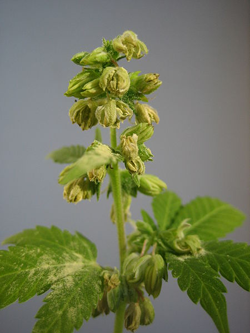
Marijuana will be legal in the state of Washington starting on December 6, but drivers need to be aware that the ballot initiative that legalized it also included a new DUI Standard which may make driving riskier for regular users than the previous law did.
Under Washington law, adults (persons 21 years and old) may possess up to an ounce of processed marijuana, 16 ounces of marijuana-infused product (solid form), or 72 ounces of marijuana infused liquid product.
The DUI standard and physical control laws have set the THC level for intoxication at 5 nanograms per milliliter of blood. This has been deemed the level at which motor skills are impaired to the point that it is too dangerous for a person to operate a motor vehicle, and is similar to the standard for alcohol which is 0.08.
A driver’s THC must be tested through a blood test. The law that allows for a blood draw on a driver has changed, they are referred to as Implied Consent laws, and now the law allows for blood tests if the driver is suspected of being under the influence of marijuana.
The DUI standard for persons under age 21 is zero tolerance. Any driver under the age of 21 who is suspected of being under the influence of marijuana, and who subsequently tests for any amount of marijuana in their system, will be charged with DUI.
Washington State Patrol Spokeman Bob Calkins said, “Regardless of whether this person has been a regular user of marijuana, may have a routine THC level in his blood of this point or that point, if he’s driving OK, he’s probably not going to come to our attention. And if he’s driving badly, he probably is going to come to our attention.”
Part V of the initiative, the section that establishes the per se DUI limit of THC at 5ng/mL, has raised concern amongst medical marijuana advocates who say the new DUI law will lead to convictions for those who use marijuana to treat their ailments. The metabolite 11-COOH-THC, which is the secondary metabolite in marijuana that forms after consumption of cannabis and is also known as the metabolite that can remain in a person’s system for days to weeks, is explicitly excluded for from consideration for a DUI charge.
11-OH-THC is the active metabolite of THC. If both 11-OH-THC and 11-COOH-THC are present then motor impairment may still be present.